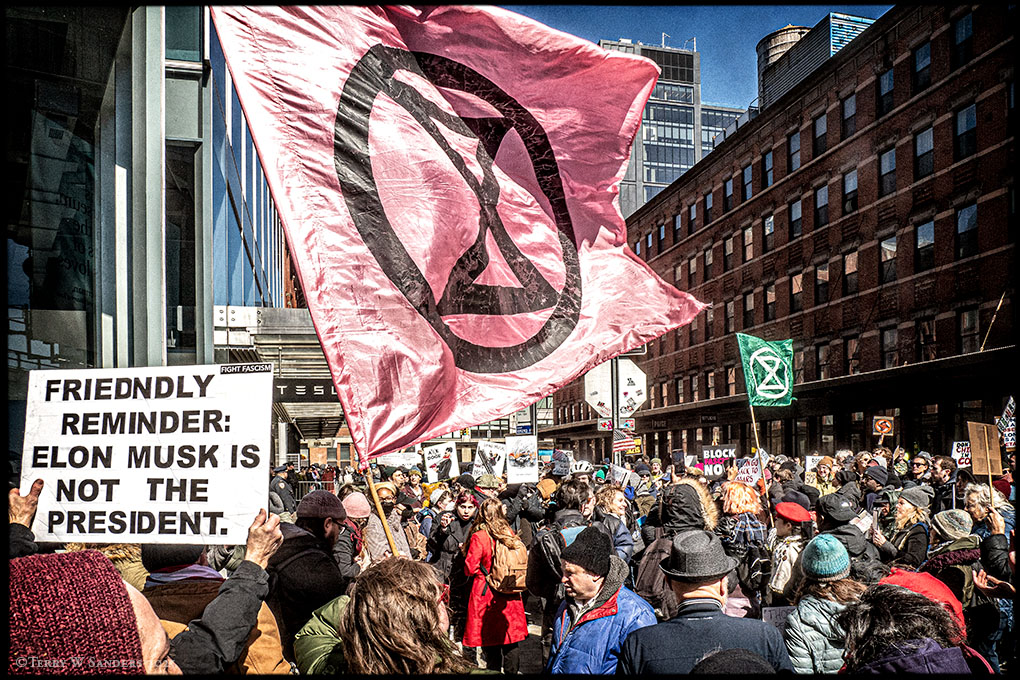Elon Musk is increasingly at the center of the political and business storm: a global protest against Tesla will be held on March 29 in front of more than 500 dealerships worldwide, 277 in the United States alone. The protest is billed as “a peaceful demonstration.” But in the U.S. there have been some violent actions against some dealerships in recent days, such as in Loveland, Colorado, where a Tesla dealership was vandalized on Feb. 11. Vice President JD Vance blamed “wealthy and deranged financiers of the radical left.”
The repercussions of this planned protest are already being felt. Last Thursday, U.S. Attorney General Pam Bondi announced that three people accused of destroying Tesla cars and charging stations face up to 20 years in prison for “domestic terrorism.” The defendants are from Colorado, Oregon and South Carolina and are accused of using weapons and explosives to destroy property belonging to Elon Musk’s automaker.
Meanwhile, on Fox News, Commerce Secretary Howard Lutnick praised Musk, calling him a genius and urging the public to buy Tesla stock now: “Soon he’ll be selling home robots, they’ll cost $30,000. Anyone who won’t buy one will be naive.” Meanwhile, Tesla’s stock continues to drop precipitously due in part to serious manufacturing defects found in the Cybertruck whose body panels have been known to fly off the vehicle. Tesla has recalled 46,096 Cybertruks manufactured between November 2023 and February 2025 in the United States.
The protests against Tesla, which have also generated slogans such as “don’t buy a Nazi-car,” arise in rebellion against Musk’s role in the Trump administration and in particular over the moves of the DOGE Department of Government Efficiency which he heads, that led to massive cuts and layoffs at federal agencies, but also against the almost unlimited decision-making power granted to him by the U.S. president. Moreover, those who protest against Musk criticize him for his stance against military support for Ukraine. Indeed, many disagree with Musk’s political views, which have been perceived as divisive even in the context of international politics, and his positions seen as conservative and supportive of global right-wingers.
“I’m going to stop them,” President Donald Trump said March 11 after buying a Tesla himself to show support for Musk and the company. “We will get them, they are bad guys.”












